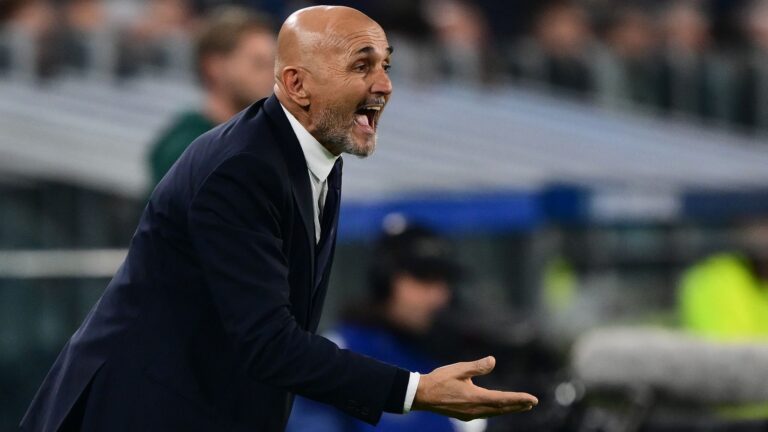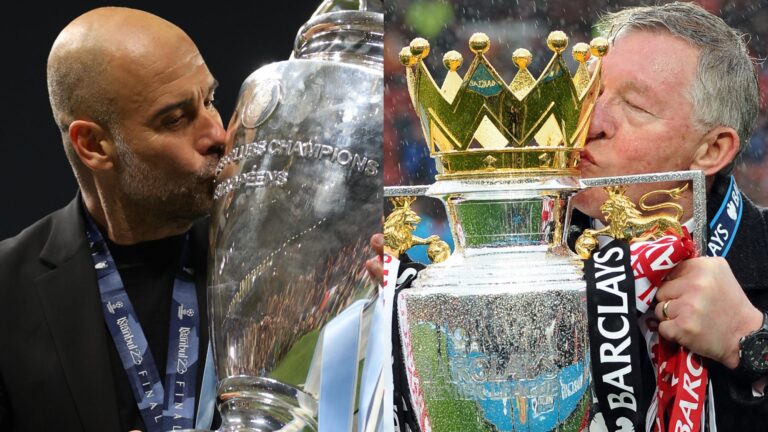Tactical U-Turns and Managerial Frustrations: A Deep Dive into Postecoglou’s Strategies
Ange Postecoglou’s tenure at Nottingham Forest was marked by tactical experiments that caught opponents off guard, as revealed by Chelsea’s Enzo Maresca. Ange Postecoglou and Enzo Maresca highlight the evolving challenges in modern football defenses.
Ange Postecoglou’s Fleeting Leadership at Nottingham Forest
After serving only 39 days as head coach at Nottingham Forest, Postecoglou was dismissed from the City Ground earlier this month. The Australian coach stepped in to replace Nuno during the September international break, yet he couldn’t secure a single victory in his eight outings.
The Decisive Defeat Against Chelsea
Postecoglou’s last match leading Forest ended in a 3-0 defeat away to Chelsea, resulting in his immediate ousting shortly after the loss. The former Tottenham coach saw his team’s woes deepen with second-half strikes by Josh Acheampong, Pedro Neto, and Reece James, wrapping up the 60-year-old’s short-lived return to Premier League action for the Tricky Trees.
In his final game at the City Ground, Postecoglou switched formations as a desperate measure, surprising Chelsea’s head coach Enzo Maresca. This move echoed earlier conversations where Maresca had teased the Greek-born manager about teams deploying a back five against the Club World Cup champions.
Maresca’s Revelations from a Key Encounter
Enzo Maresca shared details of a casual interaction with Postecoglou before his appointment at Nottingham Forest, shedding light on the defensive hurdles Chelsea is navigating this season. “We chatted at the LMA awards in London prior to Ange joining Nottingham Forest,” the Italian coach explained.
A Humorous Exchange on Defensive Setups
“I remarked, ‘Ange, I’ve never witnessed your side opt for a back five-aside from those final 10 minutes in the Europa League final versus Manchester United.’
He chuckled and replied, ‘I detest going with a back five, but since it was the closing stages and we were chasing the trophy, we made the adjustment.’ Yet, when we faced Forest, they lined up with a back five, even though I’d geared up for a back four!”
“Once more, I instructed the squad to discard our entire preparation because of that back five setup. It’s incredibly challenging for the players to pivot so abruptly,” Maresca added.
Adapting to Evolving Opposition Tactics
When discussing the surge in teams using five-man defenses against Chelsea, Maresca noted, “In tough spots, we focus on thorough reviews.” He continued, “I’m reminding the players daily that opponents are altering their game plans against us, likely due to our successes from the previous season.
For instance, Sunderland played nine league matches without starting with a back five. I reviewed every one, so we readied ourselves for them assuming a back four.
Right before the game in the locker room, I said to the players: ‘Everyone, scrap the Sunderland strategy.’ Switching tactics in mere minutes is extremely demanding.”
Sunderland’s Successful Counter and Chelsea’s Rebound
Sunderland’s tactical approach paid off handsomely, resulting in a 2-1 triumph in the capital and sustaining their strong kickoff to the Premier League campaign. Chelsea took an early advantage through Alejandro Garnacho, but Wilson Isidor equalized in the second half, and newcomer Chemsdine Talbi sealed the victory for the Black Cats in added time.
Following that setback, Chelsea recovered by defeating Wolves, advancing to the EFL Cup’s fifth round during the midweek fixture. Despite holding a 3-0 lead at halftime courtesy of goals from Andrey Santos, Tyrique George, and Estevao, the Blues struggled to maintain control.
A Tense Finish in the Cup Clash
Wolves fought back with Tolu Arokodare scoring soon after the restart, followed by David Moller Wolfe narrowing the gap in the 73rd minute. With Chelsea down to 10 players after Liam Delap’s red card, Jamie Gittens delivered a crucial strike in the 89th minute to steady the ship. Wolfe added another in the 91st minute, creating a nail-biting conclusion, but Chelsea managed to secure their spot in the next stage.
Upcoming Fixtures for Chelsea
The Blues are set for a high-stakes London derby against Tottenham on Saturday evening and will embark on another away challenge next week versus Qarabag in the Champions League. Chelsea will then host Wolves at Stamford Bridge prior to the year’s final international break.
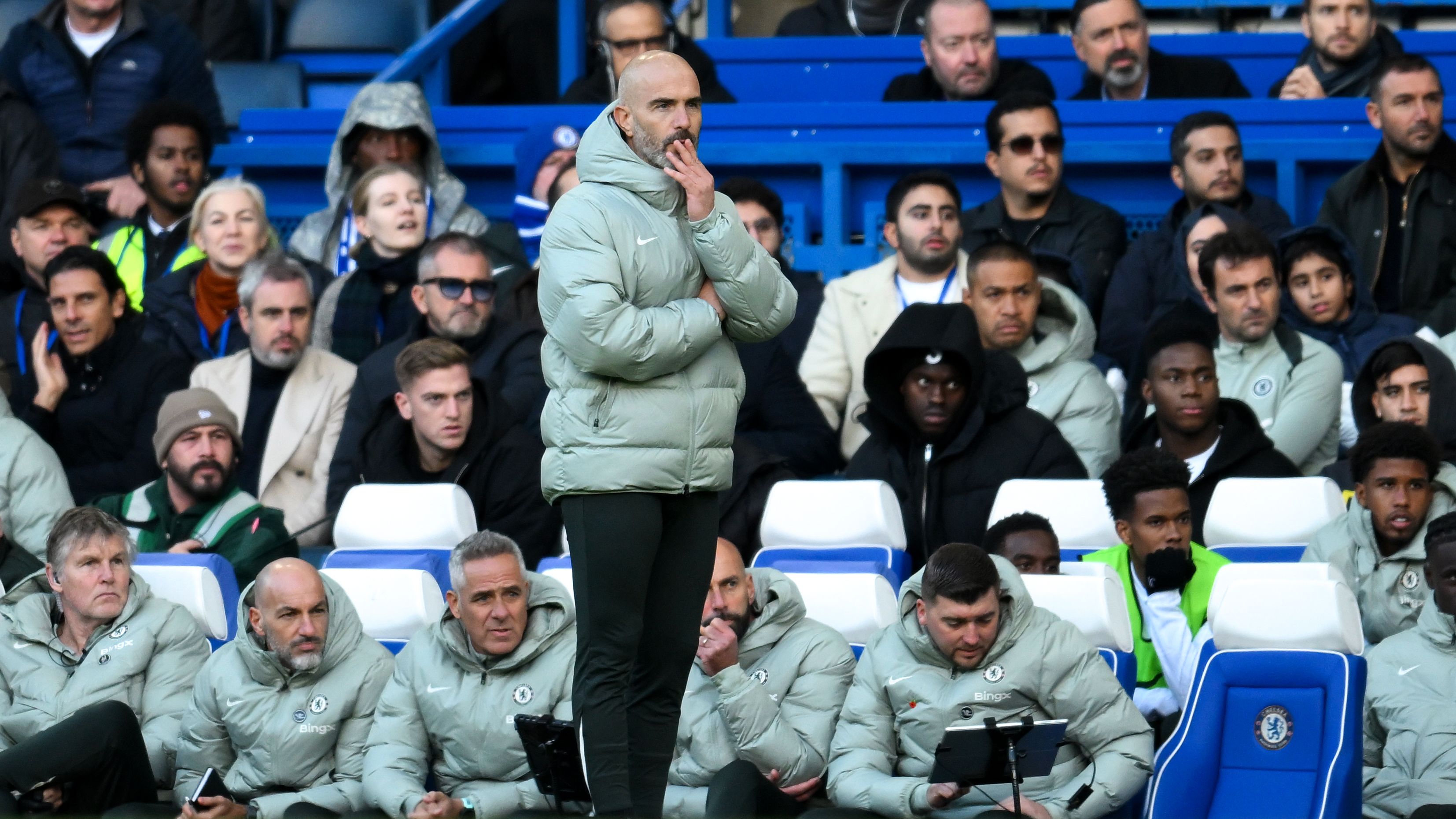
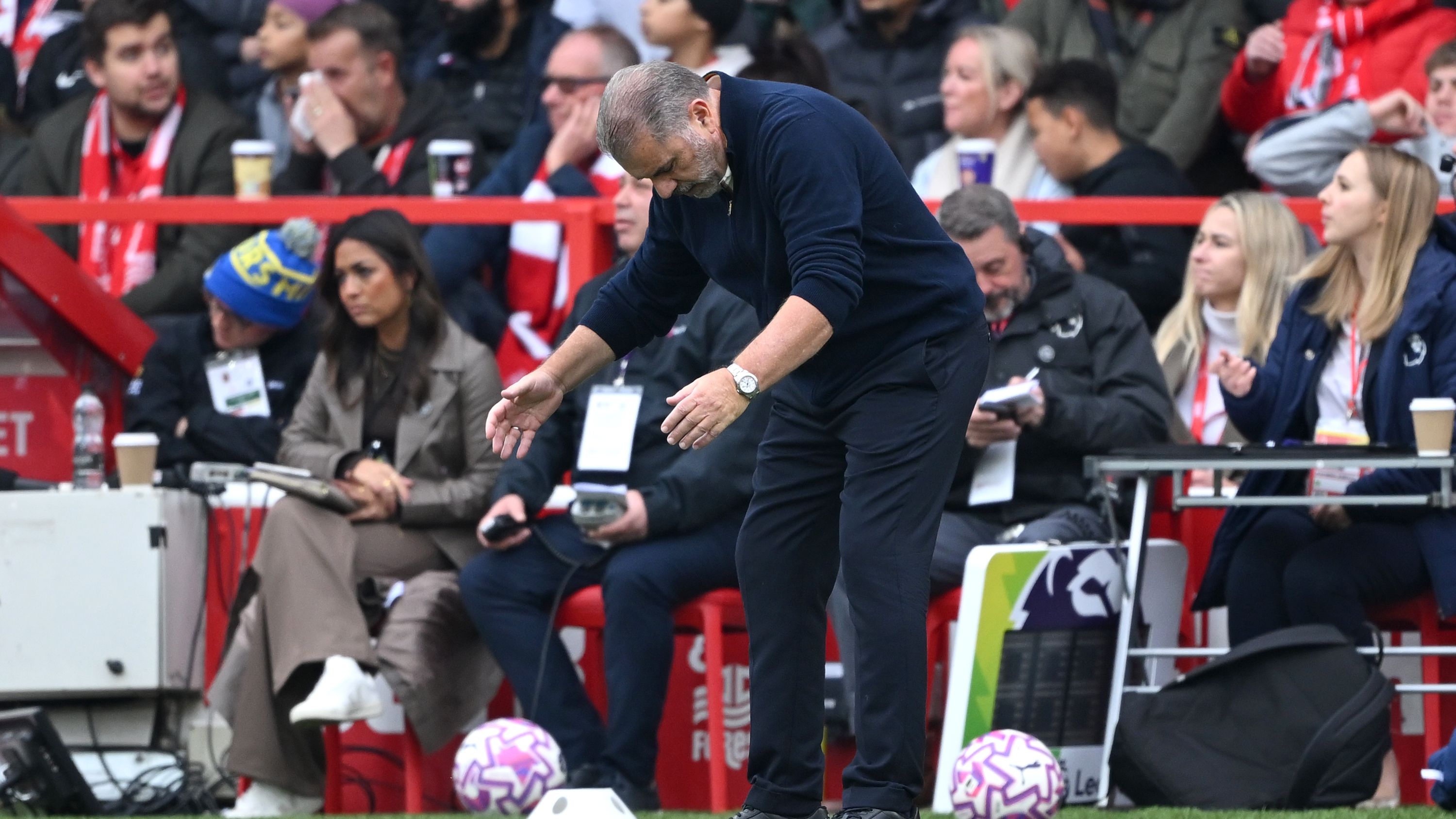
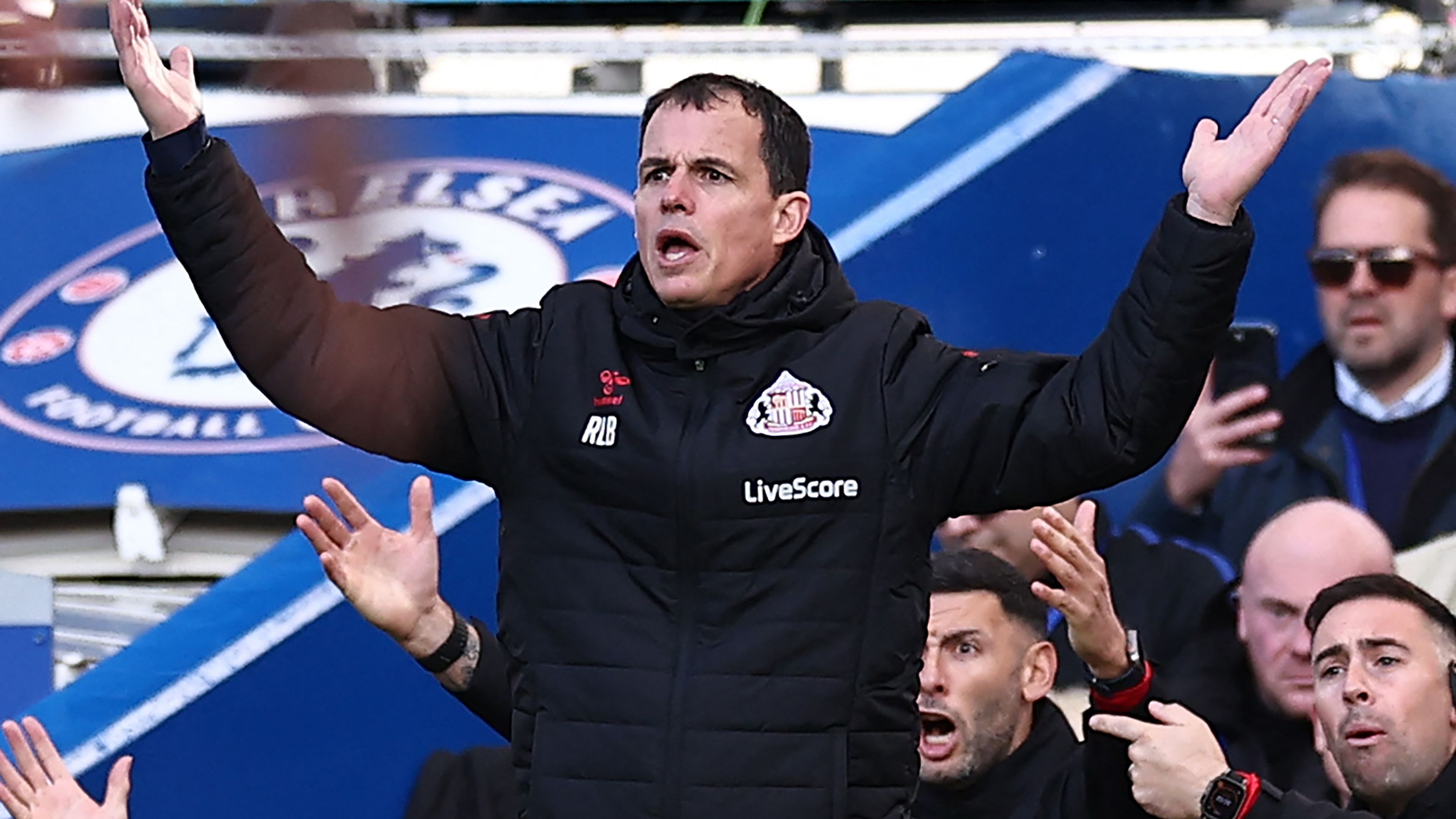
The Background of the Critique
In the fast-paced world of football management, public disclosures of critiques can spark intense discussions among fans and analysts alike. Enzo Maresca, the current Chelsea manager, recently brought attention to a harsh critique made by Ange Postecoglou, Tottenham Hotspur’s head coach, regarding Nottingham Forest’s tactics. This revelation has added fuel to ongoing debates about tactical philosophies in the Premier League, highlighting how managers evaluate each other’s strategies during high-stakes matches.
Key Figures Involved
To understand the context, it’s essential to know the main personalities in this story. Enzo Maresca, known for his tactical acumen developed under Pep Guardiola at Manchester City, has been vocal about sharing insights from his peers. On the other hand, Ange Postecoglou has built a reputation for his high-intensity, attacking style of play, often dubbed “Angeball,” which emphasizes pressing and fluid movement.
- Enzo Maresca’s role: As a rising star in management, Maresca’s disclosure sheds light on how critiques circulate behind the scenes in football tactics analysis.
- Ange Postecoglou’s background: The Australian manager, with successful stints at Celtic and now Tottenham, is no stranger to criticizing conservative approaches, which he believes stifle the game’s excitement.
- Nottingham Forest’s tactics under scrutiny: Forest, managed by Nuno Espírito Santo, has often been criticized for a defensive, counter-attacking style that prioritizes resilience over possession-based play.
This interplay of personalities makes Maresca’s disclosure a fascinating glimpse into the competitive nature of Premier League football tactics.
What Did Postecoglou Say Exactly?
Postecoglou’s harsh critique reportedly focused on Nottingham Forest’s reliance on a low-block defense and long-ball strategies, which he described as “outdated and uninspiring” in a private conversation. According to Maresca’s account, Postecoglou expressed frustration over how such tactics could hinder the overall quality of the game, especially in matches against teams that favor high pressing.
Breakdown of the Critique
Postecoglou’s comments, as disclosed by Maresca, centered on several specific elements of Forest’s gameplay:
- Defensive setup: He criticized the deep defensive line that Forest often employs, arguing it limits counter-attacking opportunities and makes matches predictable.
- Lack of possession play: Postecoglou pointed out that Forest’s low possession stats in key games reflect a reluctance to dominate the ball, which he sees as essential for modern football success.
- Impact on league dynamics: In his view, tactics like these can lead to dull encounters, potentially affecting fan engagement and the Premier League’s global appeal.
Maresca’s decision to share this critique publicly has reignited conversations about whether such strategies are viable in today’s high-tempo league.
Maresca’s Disclosure and Its Implications
Enzo Maresca’s choice to reveal Postecoglou’s words during a post-match interview has stirred controversy, emphasizing the transparency-or lack thereof-in managerial relationships. Maresca, who has his own history of implementing possession-based systems, used this as an opportunity to discuss evolving football tactics critique trends.
Why Did Maresca Speak Out?
Several factors might have influenced Maresca’s decision:
- Professional rivalry: As managers navigate the Premier League, sharing critiques can serve as a subtle form of mind games, potentially affecting opponent preparations.
- Advocacy for tactical innovation: Maresca has long championed progressive styles, and by disclosing this, he indirectly promotes the benefits of attacking football over defensive ones.
- Media and fan interest: In an era where SEO-friendly content like “Enzo Maresca discloses Ange Postecoglou’s harsh critique” drives engagement, such revelations create buzz and keep tactical discussions trending.
This disclosure has prompted fans to revisit past matches, analyzing how Nottingham Forest’s tactics might have influenced outcomes against teams like Tottenham.
Analyzing the Tactics in Question
Nottingham Forest’s approach, often labeled as pragmatic, involves a 4-3-3 formation that emphasizes quick transitions and set-piece efficiency. However, Postecoglou’s harsh words highlight potential flaws in this system when pitted against more dynamic teams.
Strengths and Weaknesses of Forest’s Tactics
To provide a balanced view, let’s break down Forest’s strategies:
- Strengths:
- High work rate in transitions, allowing for rapid counter-attacks that can catch opponents off guard.
- Effective use of wide players for crosses, which has led to goals from set pieces in recent Premier League fixtures.
- Defensive solidity, as evidenced by their ability to secure clean sheets against top sides.
- Weaknesses, as per Postecoglou’s critique:
- Over-reliance on long balls, which can break down against teams that press aggressively, limiting creative play.
- Limited midfield control, making it hard to maintain possession and build attacks methodically.
- Potential for predictability, where opponents can exploit known patterns with targeted pressing tactics.
Comparative Tactical Analysis
When comparing Forest’s style to Postecoglou’s “Angeball,” the differences are stark. Postecoglou’s teams typically aim for over 60% possession and relentless pressing, whereas Forest might average below 45% in similar matches. This contrast underscores why such a harsh critique resonates in football tactics discussions.
Maresca’s disclosure serves as a reminder that tactical evolution is key in the Premier League, encouraging managers to adapt and innovate.
The Ripple Effects in Football Tactics
The fallout from Maresca’s revelation has extended beyond the pitch, influencing how clubs approach tactical preparation. For instance, it has led to increased scrutiny of training sessions and match analytics, with keywords like “Nottingham Forest tactics critique” becoming popular in fan forums and SEO-optimized articles.
How This Impacts Team Strategies
- For Nottingham Forest: This could prompt a tactical overhaul, focusing on hybrid systems that blend defense with more possession-based play.
- Broader Premier League trends: Such disclosures encourage a shift toward more entertaining football, as seen in rising discussions around “harsh critique in football tactics.”
- Managerial accountability: It highlights the need for coaches to justify their approaches, potentially leading to more transparent post-match analyses.
In summary of these elements, the ongoing debate fueled by Maresca’s comments continues to shape how football tactics are perceived and refined in the modern game.


